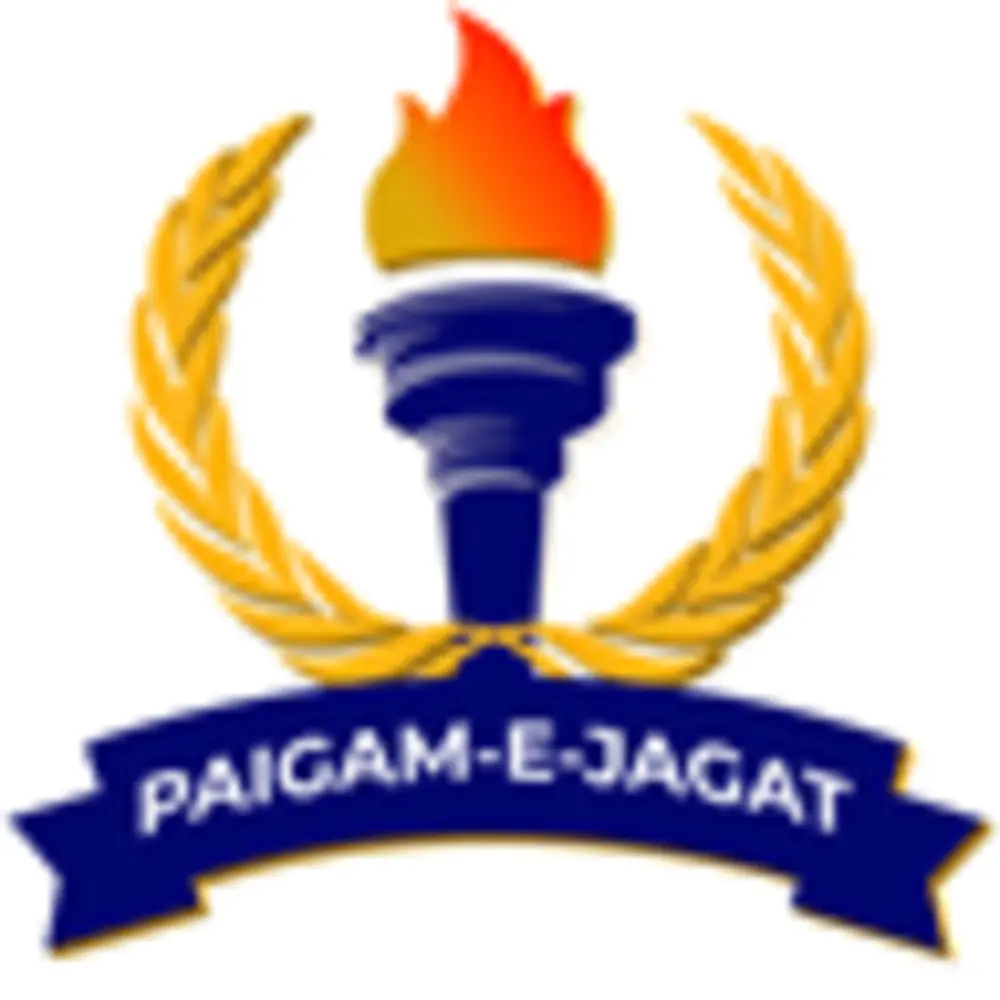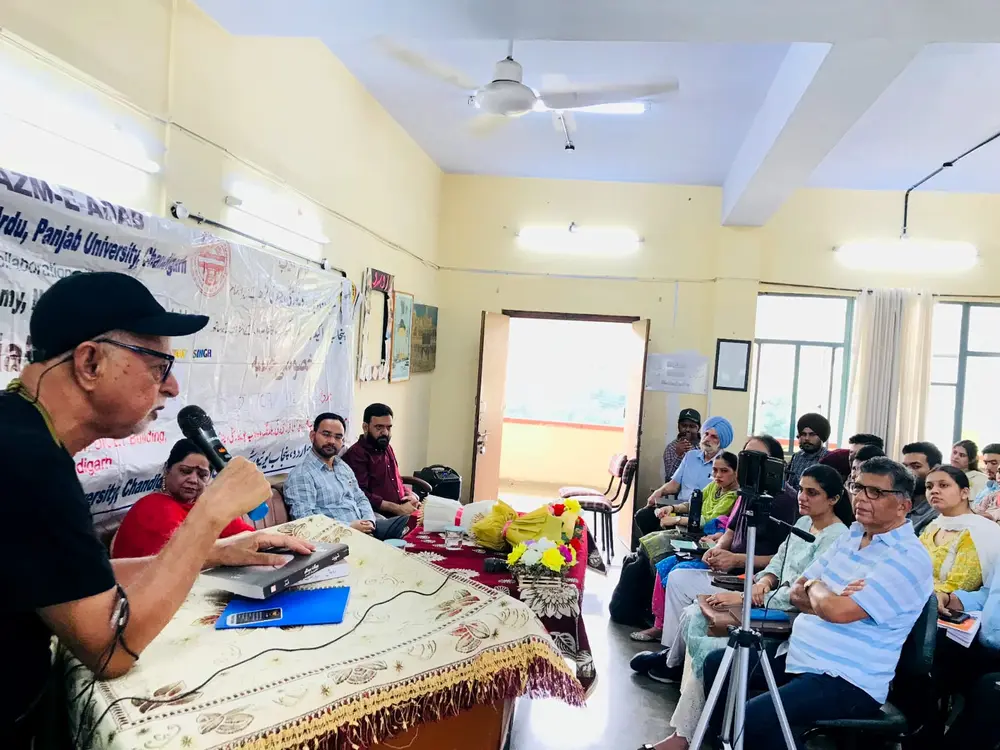
The British were afraid of Bhagat Singh's intellectual revolutionary movement - Professor Chamanlal
Chandigarh, September 25, 2024- On the occasion of Shaheed Bhagat Singh's birth anniversary, a special lecture was organized in the Urdu Department of Punjab University, Chandigarh. In which Professor (Retired) Chamanlal of Jawaharlal Nehru University was the guest speaker. At the beginning of the program, the students of the department presented poems written on Shaheed Bhagat Singh and his favorite Urdu poetry.
Chandigarh, September 25, 2024- On the occasion of Shaheed Bhagat Singh's birth anniversary, a special lecture was organized in the Urdu Department of Punjab University, Chandigarh. In which Professor (Retired) Chamanlal of Jawaharlal Nehru University was the guest speaker. At the beginning of the program, the students of the department presented poems written on Shaheed Bhagat Singh and his favorite Urdu poetry.
Welcoming the guest speaker, Dr. Ali Abbas, Chairman of the Department, said that Prof. Chamanlal has written and compiled about 65 books. Which also includes 25 books in reference to Shaheed Bhagat Singh. Dr. Abbas has also mentioned the poems of Mirza Ghalib and other Urdu poets, which Bhagat Singh had written in his diary. He further said that from these poems, Bhagat Singh's love for Urdu language and his understanding of poetry can also be gauged.
Discussing the topic of Bhagat Singh and Urdu language, Professor Chamanlal said that Bhagat Singh was born in an Urdu environment and most of his letters and documents are found in Urdu. He further said that Bhagat Singh was such a brave leader of India who never feared oppression nor was ever ready to live a life of slavery. He further said that he was not only against the British government, but he also considered it necessary to free India from the slavery of the British as well as get rid of the capitalists here, so that the reins of India remain in the hands of Indian farmers and laborers.
Prof. Chamanlal also discussed Bhagat Singh's documents written in Urdu and translated books. At the end of the speech, the audience asked him many important questions to which he gave satisfactory and interesting answers.
The program was hosted by the department's research scholar Muhammad Sultan. The program was concluded by the Persian department teacher Dr. Zulfikar Ali by thanking the guests and other participants.
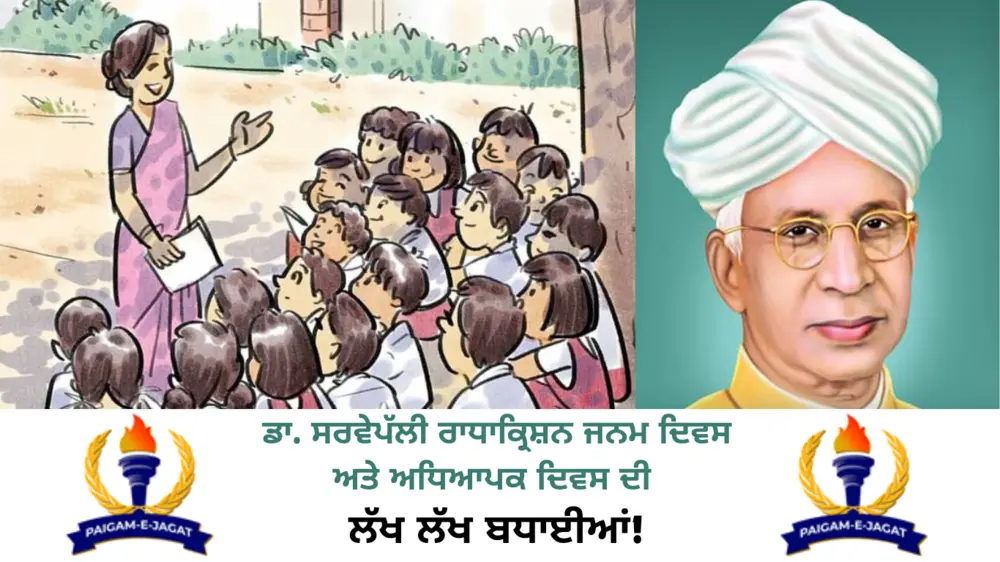
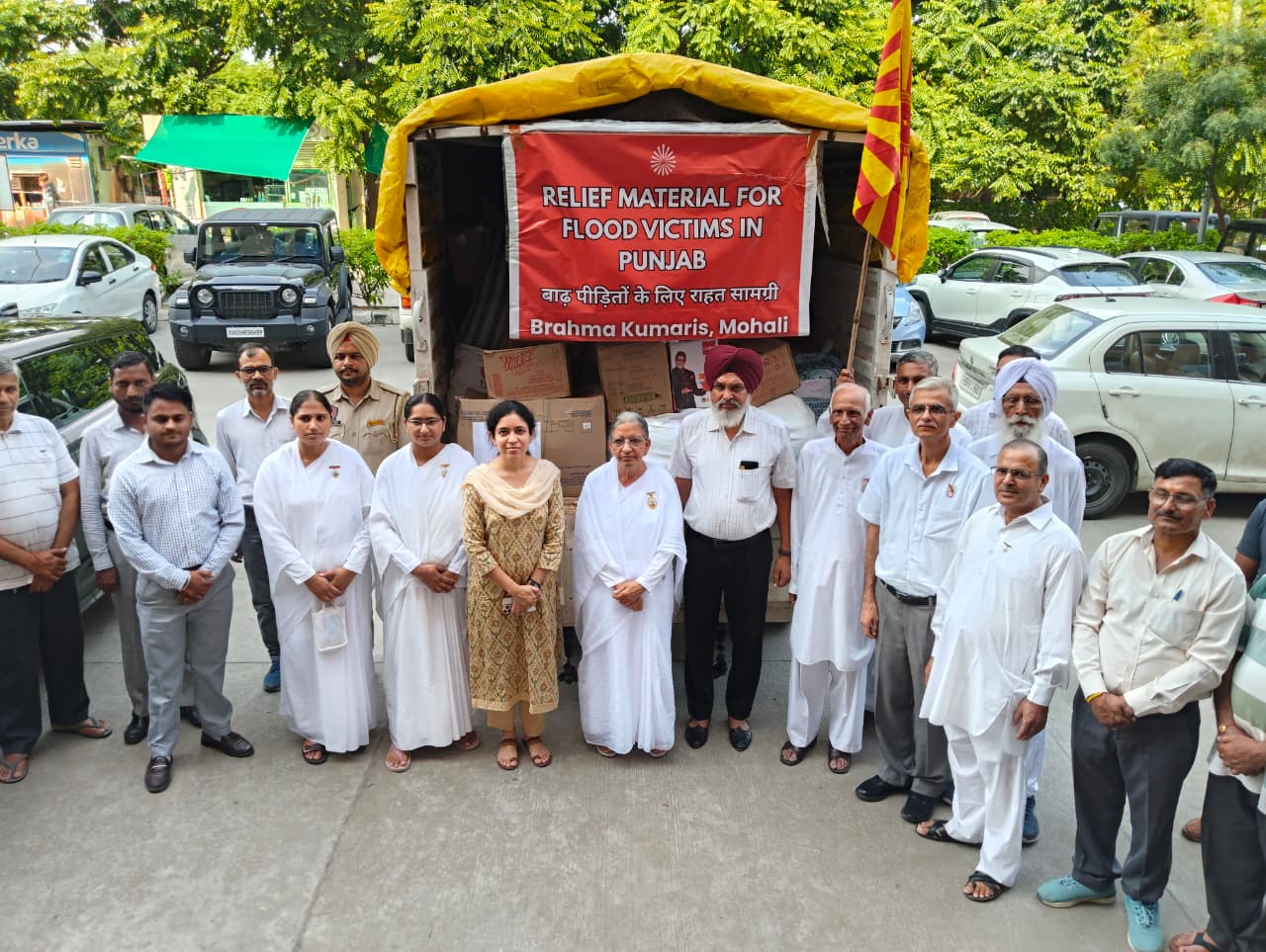
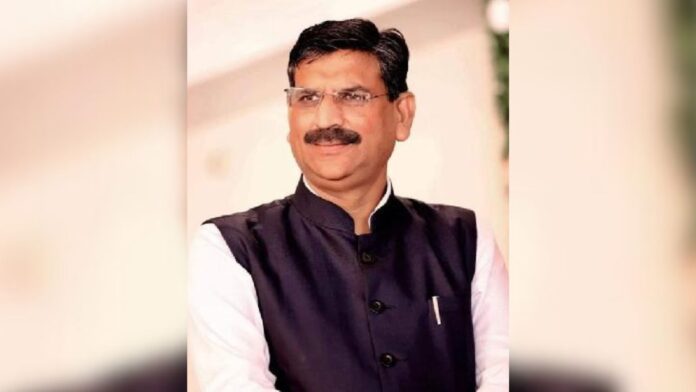
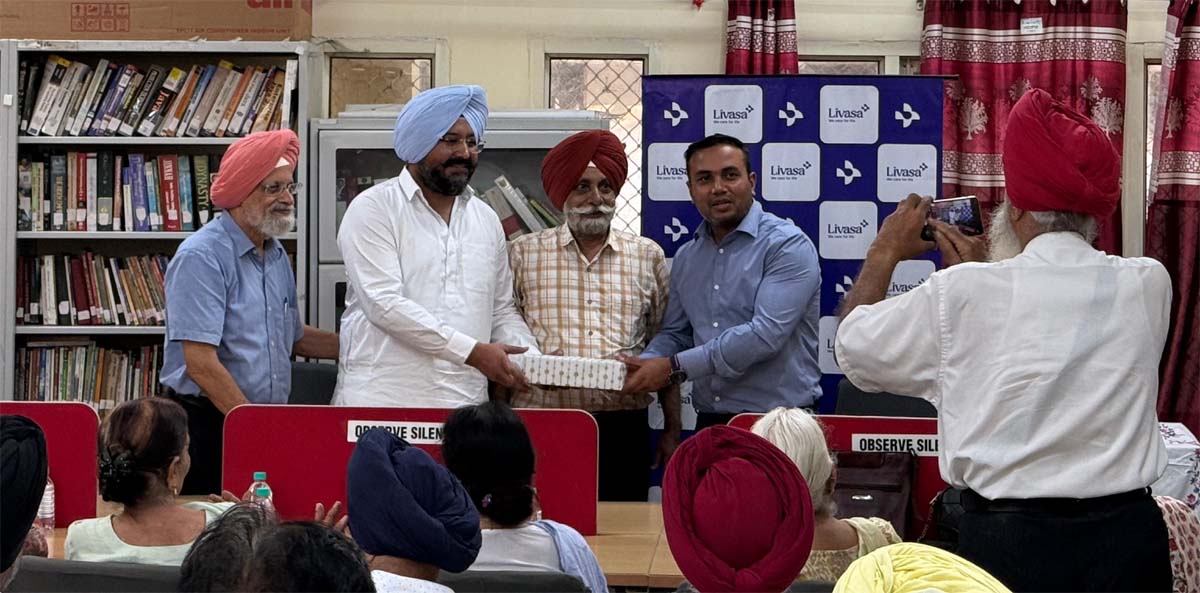
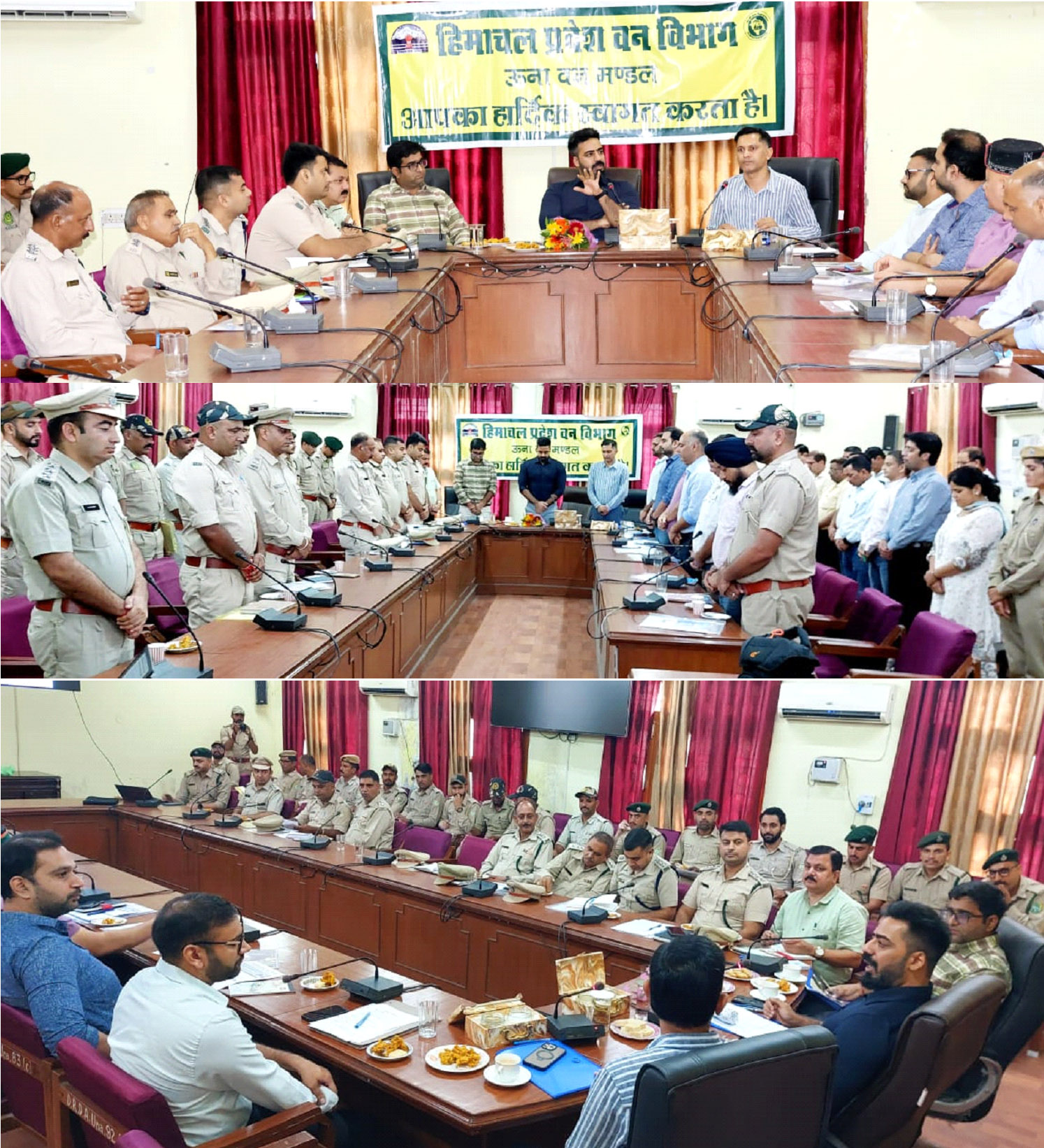
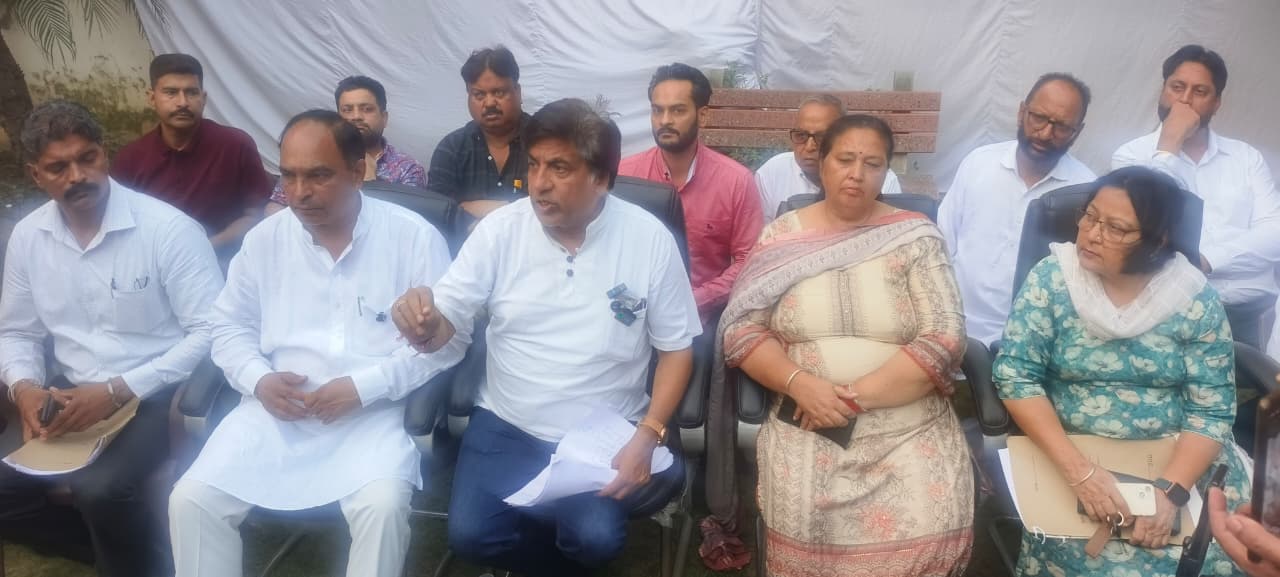
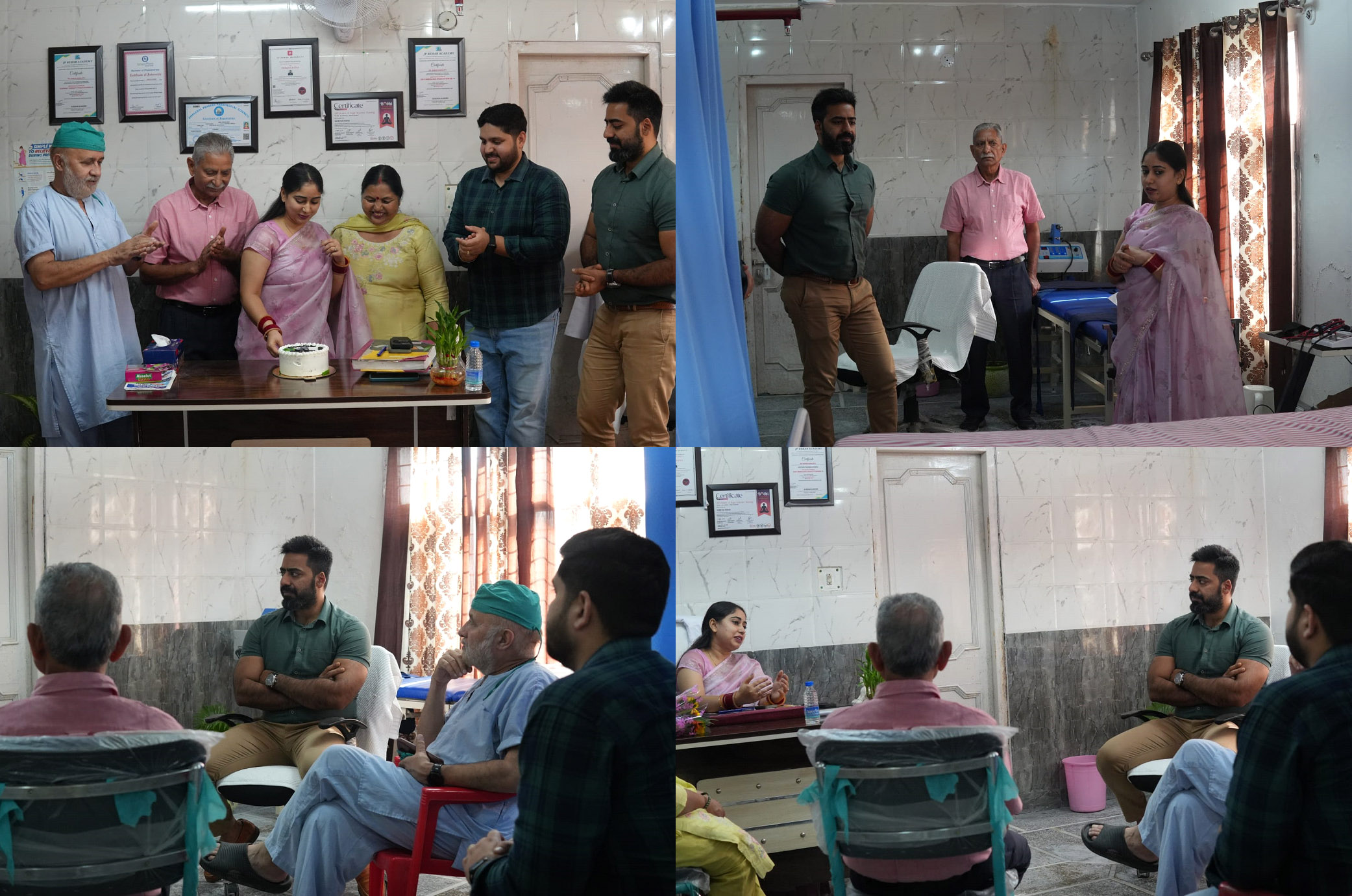
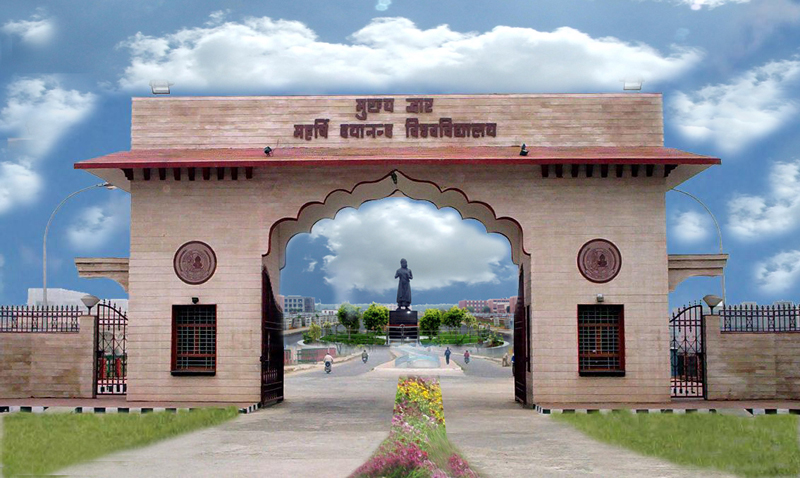

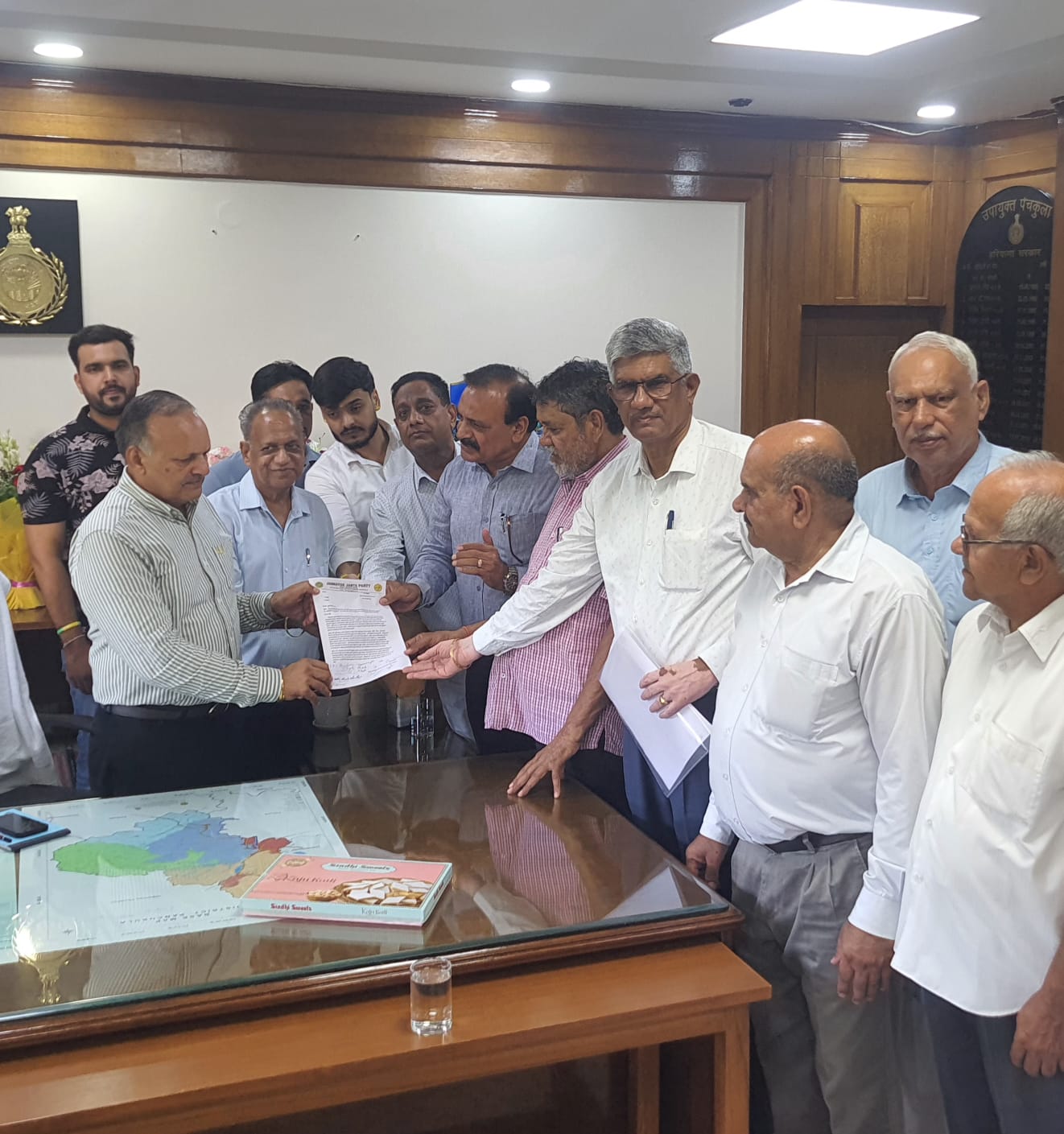
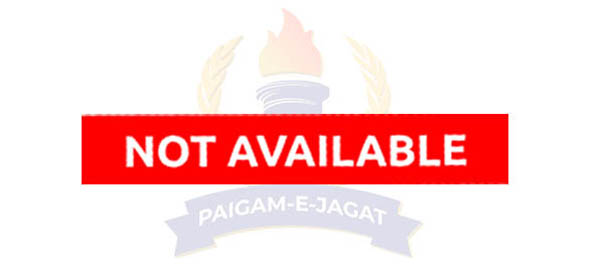

.webp)

